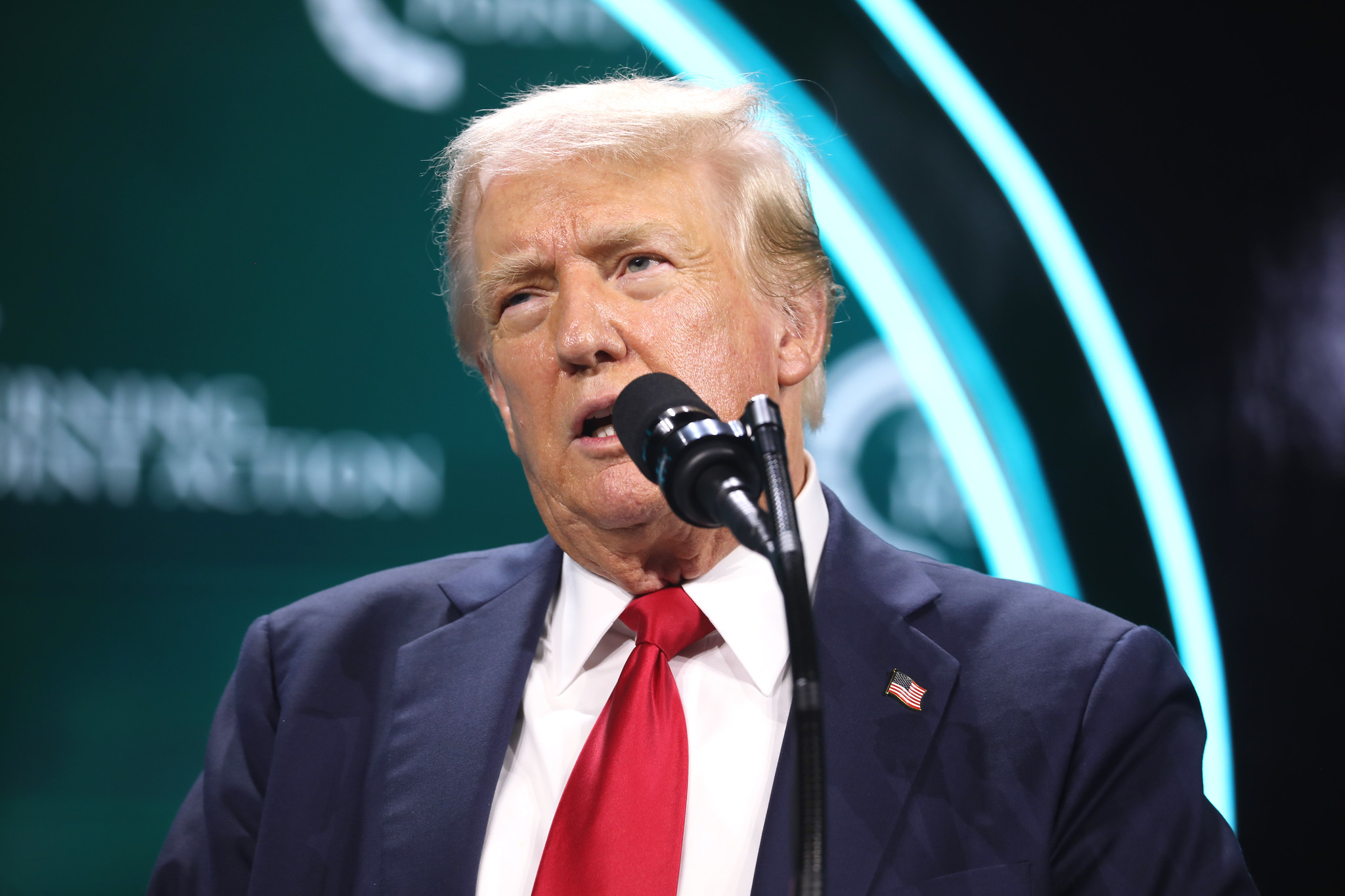Blockchain network Blockchain Association (BA) supported software Telegram’s appeal concerning the issuance of its GRAM tokens.
The United States District Court has decided to side with the Securities and Exchange Commission (SEC) and granted its request for a preliminary injunction against Telegram. It also ordered Telegram to stop issuing GRAM tokens.
Telegram held its sale of future grams in two phases in 2018. It raised around $1.7 billion and the remaining tokens are set for distribution on April 30.
BA supported Telegram and argued that the district court had “erred by conflating Telegram’s private placement and the future sales of blockchain tokens.”
“The two steps are legally and temporally distinct. Indeed, the tokens did not even exist at the time of the private placement,” the association said (via Coindesk).
“Treating the two steps as one defeats the purpose of the [SEC's] private-placement rules. Telegram gathered investments in a private placement with a proper Regulation D filing yet the district court has barred Telegram from delivering the fruits of that investment and, even from finishing the harvest.”
BA an advocate for blockchain and cryptocurrencies in the U.S. felt that the ruling was a blow for the entire blockchain industry.
“Because of the district court’s error, the entire blockchain industry may no longer rely on long-standing exemptions that remain available to all other market participants,” the organization brief stated. “And the decision below left the industry without any clear indication about when complying with existing law amounts to an unlawful 'scheme' under Howey.”
In its ruling, the court recognizes SEC’s likelihood of success in proving that the Gram Purchase Agreements require compliance with section 5. At the same time, it stated that “Telegram has failed to establish an exemption to the registration requirement under either section 4(a)(2) or Rule 506 (c).” The court also concluded that “the SEC has shown that the sale and imminent delivery of Grams represent a single ongoing violation of section 5.”
























Comment 1